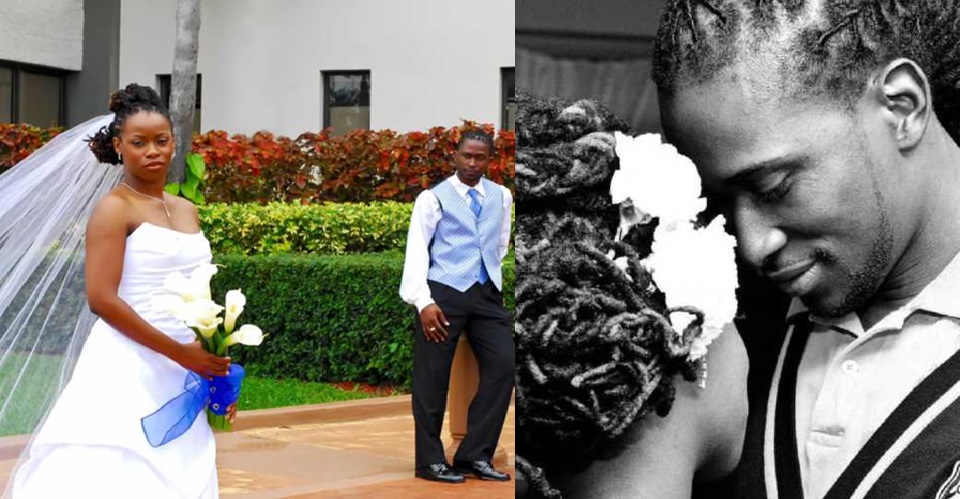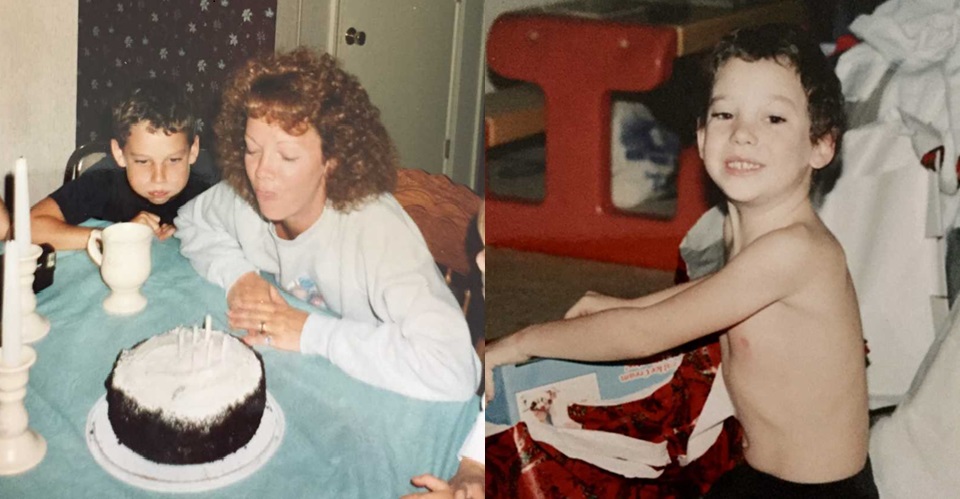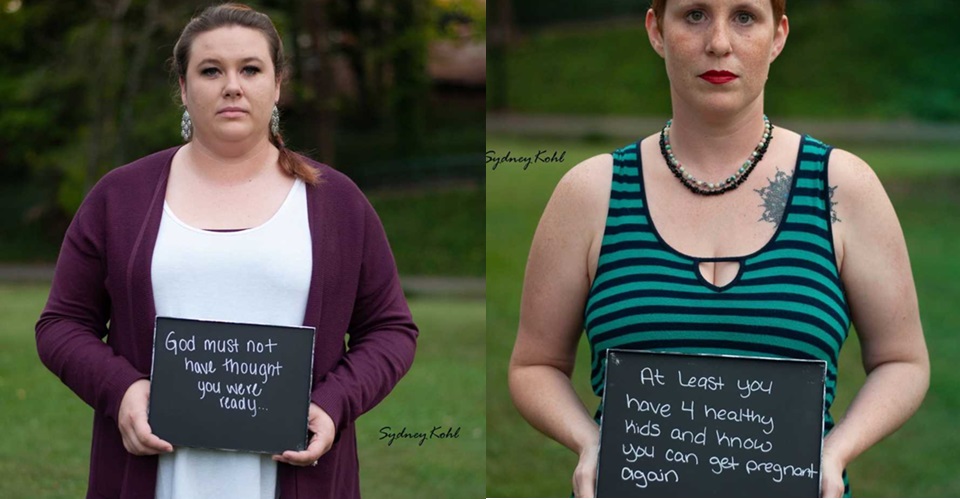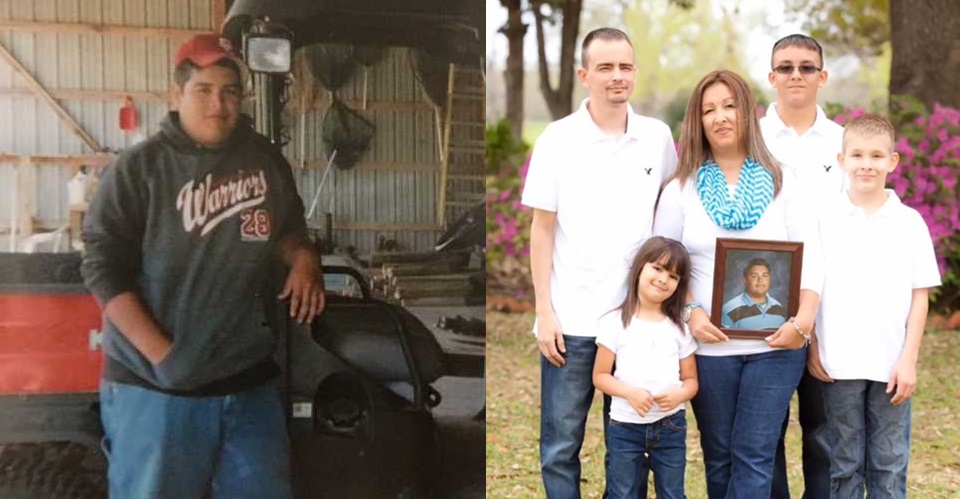It’s strange how life can split into two parts, like a before-and-after photo. There was the woman before that phone call on a quiet Sunday morning in 2012, and then there was the one left behind afterward, staring at a world that suddenly didn’t make sense anymore. She remembers sitting in the church parking lot when her phone rang. On the other end was her father-in-law, his voice trembling as he told her that her husband, the man she had spoken to only hours earlier, was gone. Just like that, her world cracked open.
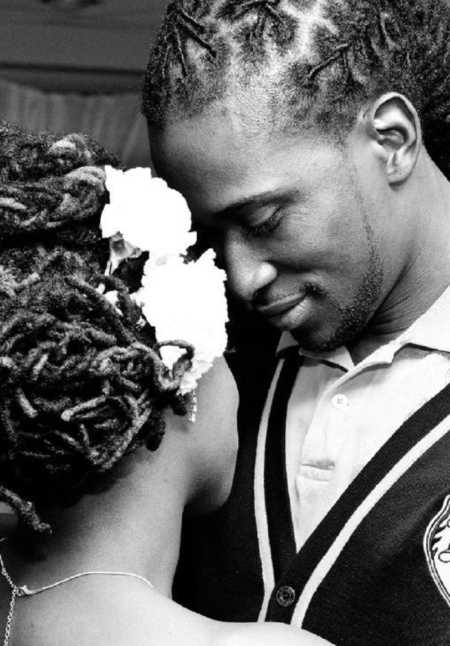
He’d been overseas visiting family, nothing unusual. There was no accident, no prolonged illness, no warning signs. The doctors thought it was the flu, but the autopsy revealed something crueler: malaria he’d contracted while traveling through the South American rainforest. They had been married for only one year and six days. After eight years of love and plans and jokes about finding each other anywhere in the world, death had seen him first. Guilt arrived before the tears did. She hadn’t been there when it happened. She’d changed her travel dates, deciding to fly out a few days later. Four days too late. That detail replayed in her mind for years, a small decision that grew enormous in hindsight. She’d always told him she could find him no matter where he went, but this time, she couldn’t.
Everyone who loved her husband said the same thing after he died: he had been her world. And he was. Their dreams were a shared blueprint. They talked about the house they’d buy, the travels they’d take, and the children they’d maybe have one day. When he died, all those dreams collapsed like scaffolding without support. She was only 32, standing at her husband’s grave while the rest of the world went on, cars passing, people laughing, life spinning as if nothing had changed. It felt cruel that the earth didn’t stop for her grief.
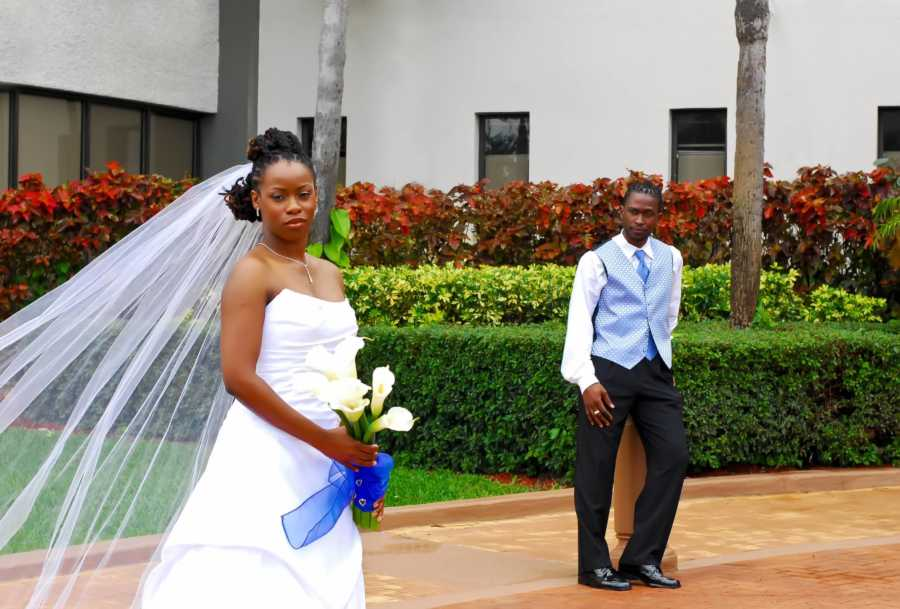
People like to say time heals, but she never believed that. Time didn’t heal; it just softened the edges of the pain. Some days it hit her like a punch to the chest, sharp and breath-stealing. Other days it was quieter, a dull ache that hummed beneath everything. Certain songs, smells, even random phrases would pull her back into the loss. Still, she learned to live beside it.
She started small, attending work, answering calls, and eating meals. Each act felt like a test. Over time, she formed a support group for young widows, women whose lives had also been split in two. They shared the same ache and confusion about rebuilding when half of your identity is missing. The group became a lifeline, not just for others but for her, too. She often described widowhood as a puzzle, a thousand little pieces scattered across the floor. Initially, she only had the strength to work on the borders, the basic things that kept her life running. But slowly, she started filling in the middle. Some pieces fit easily, like work, friends, and small joys, while others took longer. And some, no matter how she tried, just didn’t fit anymore.
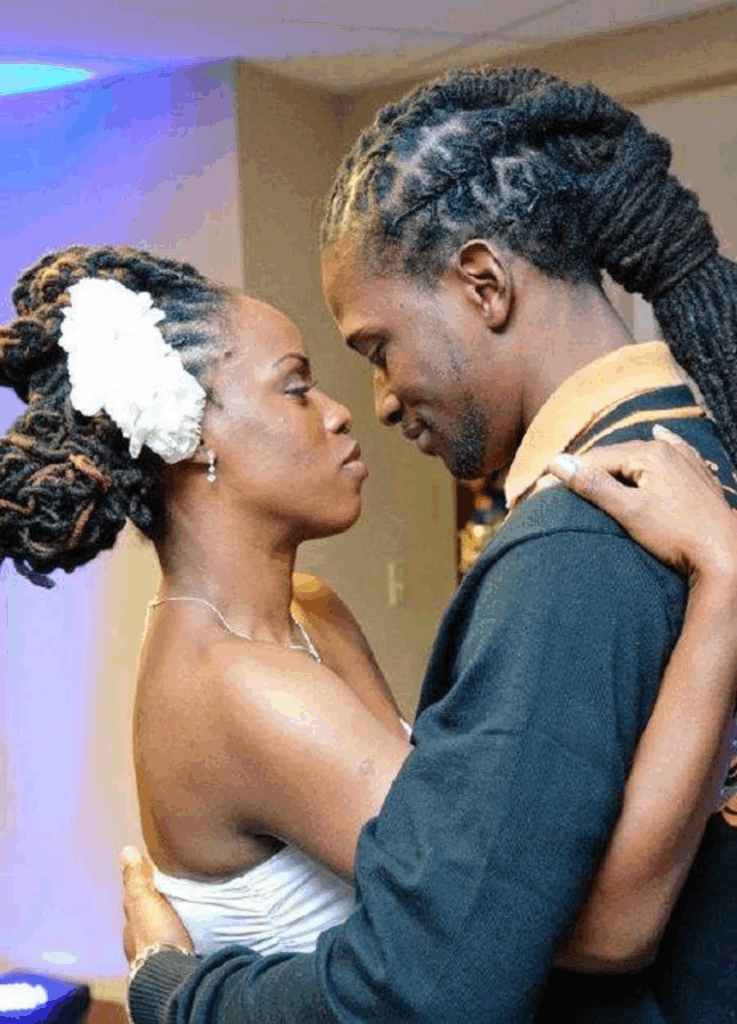
Eventually, a new picture began to form. Not the same one she’d started with, but still something beautiful. There would always be a missing piece, but she realized that didn’t make the picture incomplete. Life could still be lovely, even with loss stitched into its edges. As the years passed, she built a life she was proud of. She traveled again. She laughed, sometimes too loudly. She even loved again. But occasionally, guilt crept in. How could she smile when he wasn’t here? How could she find joy when he never got the chance? Then she’d remind herself that living didn’t erase her love for him. It honored it. Their story wasn’t one of endings; it was one of survival.
Now, more than a decade later, she looks back and sees the woman she was, the one shattered by a phone call, and the woman she’s become. She’s rebuilt herself piece by piece, shaped by loss but not defined by it. Her life may not look how she once imagined, but it’s still something she’s proud to stand inside of it. Grief didn’t win. Life, in its fragile, complicated way, did.
